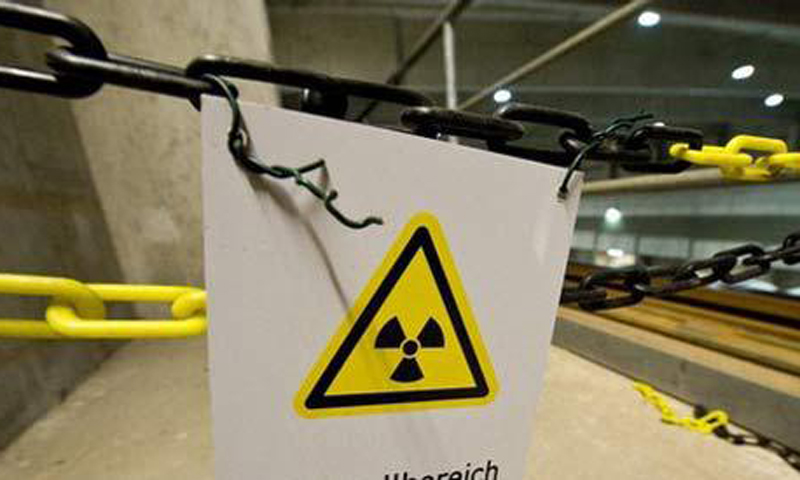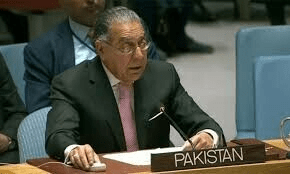WASHINGTON: India has expanded a secretive site that could be used to enrich more uranium for nuclear weapons, a US think tank said Wednesday, citing satellite imagery.
The Institute for Science and International Security, a private group opposed to nuclear proliferation, said that India appeared to be finishing a second gas centrifuge facility at its Rare Materials Plant near the southern city of Mysore.
“This new facility could significantly increase India's ability to produce highly enriched uranium for military purposes, including more powerful nuclear weapons,” the institute said in a report that analysed an image taken in April.
The institute said that India started building a second centrifuge plant near Mysore in 2010, but it was unclear whether it was a replacement for the first facility at the site or a supplement.
If it is a new facility, “India could have more than doubled its enrichment capacity, if the original building continues to function as an enrichment plant,” it said.
India closely guards its nuclear sites and says little about them publicly.
In the past, India has complained about footage of sensitive infrastructure taken by commercial satellite services such as Google Earth.
Indian officials have reportedly said that highly enriched uranium from Mysore would fuel its new nuclear-powered submarines.
India's nuclear weapons program has traditionally been based on plutonium, not uranium.
India carried out nuclear tests in 1998, and historic rival Pakistan quickly followed suit.
India's program is not subject to international restrictions or inspections as it is one of the few nations, along with Israel, North Korea and Pakistan, to reject the Non-Proliferation Treaty (NPT), which New Delhi says is discriminatory.
However, India's international isolation ended through a 2008 cooperation deal with the United States, where both President George W. Bush and his successor Barack Obama have agreed that the world's largest democracy is a responsible nuclear power.











































